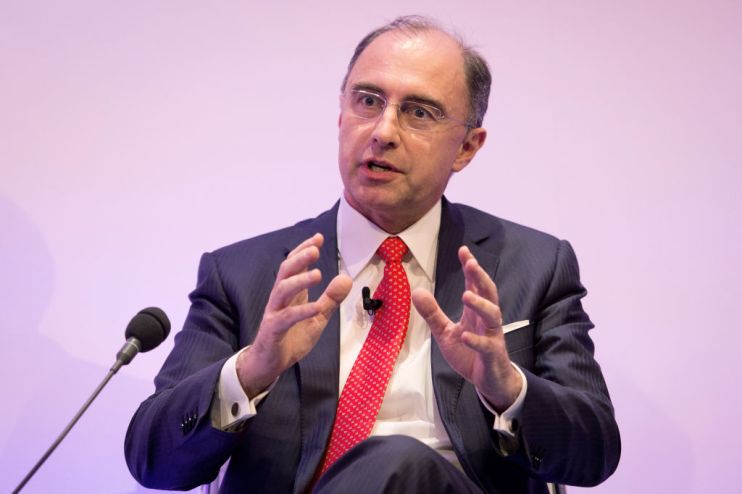London should not overlook SPACs, former LSE boss says

The former London Stock Exchange boss, Xavier Rolet, has declared London should consider blank-cheque vehicles following a surge of activity in the US.
A number of big names, including Rolet himself, have jumped on the SPAC craze which is sweeping the US.
SPACs – special acquisition companies- are created to raise capital through a public listing with the purpose of acquiring an existing company. Once the target is bought, that business takes over the listing and begins life as a public company.
“The UK needs to promptly consider the SPAC revolution,” Roulet, along with Vote Leave founder Matthew Elliott and Shore Capital’s head of research Clive Black said to the government.
It came as part of a submission to the government’s Future Regulatory Framework review, which is considering the future of the UK’s financial rules post-Brexit.
“SPACS represent a financial instrument that should not be overlooked and where agility could realise considerable benefits to credible British and European entrepreneurs and dealmakers,” the trio said, according to the Financial Times.
The renewed investment in SPACs came after IPO activity fell off a cliff at the start of the pandemic. Since the start of last year, 421 vehicles have listed globally, raising $127bn, according to Refinitiv.
Now investors are being lured by the looser regulatory requirements, allowing access to public markets faster and investment banks to rack up huge fees.
UK regulations mean blank-cheques may have to suspend trading in its shares when a deal is announced, widely considered a hurdle in the adoption of SPACs. It is in large part why Amsterdam is emerging as the European centre for blank-cheque vehicles with LVMH founder Bernard Arnault recently launching his own.
Rolet’s submission to the government follows recent comments made by the current chief executive of the London Stock Exchange David Schwimmer, who said there had been “increasing curiosity and potential interest” for SPACs in the City.
“We do think there are opportunities in the UK listings regime to make some changes that would make us a more attractive listing regime while maintaining high standards of corporate governance,” he told Reuters.